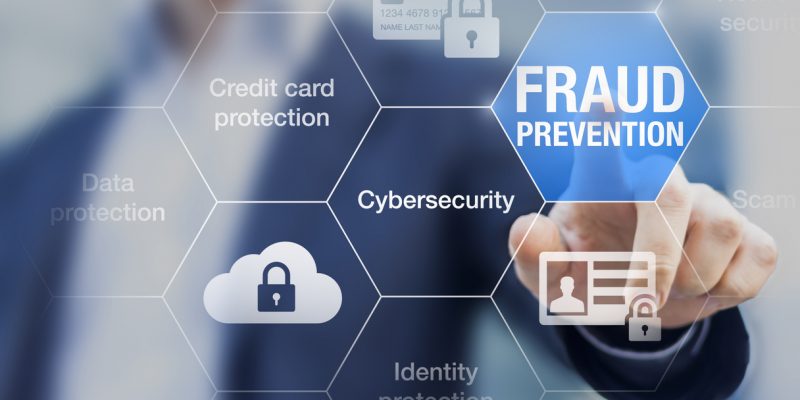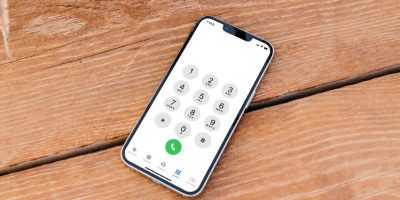In today’s digital age, the internet has become a critical part of our lives. It offers a world of information, connectivity, and convenience, but it also comes with its fair share of risks.
Internet threats, such as malware, phishing scams, data breaches, and identity theft, pose a significant danger to individuals and organizations alike. To navigate the digital landscape safely, it’s essential to arm yourself with the knowledge and tools needed to protect yourself from these potential dangers.
How can you protect yourself from internet hoaxes guide, we will explore various strategies and best practices to safeguard your online presence from internet threats.
Keep Your Software Updated
One of the most fundamental steps in protecting yourself from internet threats is keeping your software up to date. Software developers regularly release updates to patch security vulnerabilities and enhance the overall functionality of their programs.
Neglecting to update your operating system, web browsers, and other applications can leave your system exposed to potential threats.
Install Reliable Antivirus Software
Antivirus software is your first line of security against malware, viruses, and other digital dangers. Ensure you have reputable antivirus software installed on your devices and set it to automatically update and scan for threats regularly.
Popular options like Norton, McAfee, and Bitdefender provide robust protection for both PCs and Macs.
Use a Virtual Private Network (VPN)
A Virtual Private Network (VPN) is a crucial tool for keeping your online privacy and security. VPNs encrypt your internet connection, making it challenging for hackers to intercept your data or trace your online activity.
When using public Wi-Fi networks, a VPN is especially important, as it shields your data from potential eavesdroppers.
Employ Strong, Unique Passwords
The use of strong, unique passwords is a fundamental aspect of internet security. Weak and reused passwords make it easy for cybercriminals to gain unauthorized access to your accounts.
Utilize a password manager to generate complex, unique passwords for each of your online accounts. These tools can also help you securely store and manage your login credentials.
Enable Two-Factor Authentication (2FA)
Two-factor authentication (2FA) provides an extra layer of security by requiring you to enter a secondary code or approve a notification to log in.
Multiple websites and online services present 2FA as an option. Enabling it can prevent unauthorized access to your accounts, even if your password is compromised.
Beware of Phishing Scams
Phishing is a common tactic employed by cybercriminals to trick individuals into revealing personal information or clicking on malicious links.
Be cautious when receiving emails, messages, or pop-up ads that request sensitive information or direct you to unfamiliar websites. Verify the legitimacy of the sender or source before taking any action.
Protect Your Personal Information
It’s crucial to safeguard your personal information online. Be cautious about the information you share on social media platforms and other websites.
Avoid oversharing, as cybercriminals can use this data to steal your identity or target you with personalized scams.
Educate Yourself and Stay Informed
The digital landscape is constantly growing, with new threats and exposures emerging regularly. Staying informed about the latest internet threats and security best practices is essential.
Follow reputable sources for cybersecurity news and consider taking online courses or attending workshops to enhance your knowledge.
Secure Your Wi-Fi Network
Your home Wi-Fi network can be a point of vulnerability if not properly secured. Change the default login credentials for your router, enable encryption (WPA3 or WPA2), and use a strong, unique password for your Wi-Fi network. Also, consider hiding your network’s SSID to make it short visible to possible attackers.
Regularly Back Up Your Data
Data loss can occur due to various factors, including malware attacks, hardware failures, or accidental deletions.
Regularly back up your important files and data to an external hard drive, a cloud storage service, or a network-attached storage (NAS) device. This way, you can quickly recover your data in the event of a cyber incident.
Use Encrypted Messaging Apps
If you need to communicate sensitive information, use encrypted messaging apps like Signal or WhatsApp. These apps provide end-to-end encryption, meaning that only you and the recipient can access the messages, making it difficult for third parties to intercept your communications.
Be Cautious of Downloaded Files
When downloading files from the internet, exercise caution. Only download files from trusted sources and avoid suspicious websites. Scan downloaded files with your antivirus software before opening them to confirm they are safe.
Employ a Firewall
Firewalls act as barriers between your device and possible dangers. Most operating systems come with built-in firewalls, but you can also invest in dedicated firewall software or hardware for added protection. Firewalls monitor and control incoming and outgoing network traffic, blocking unauthorized access.
Limit Third-Party Access
Review the permissions and access that third-party apps and services have to your online accounts. Remove access for any apps or benefits you no extended use or trust. Regularly audit and update these permissions to reduce potential security risks.
Secure Your Financial Transactions
When conducting online financial transactions, always ensure you are on a secure, encrypted connection. Look for “https://” in the web address and a padlock symbol in the browser’s address bar.
Additionally, use secure payment methods like credit cards or reputable digital payment platforms.
Consider a Webcam Cover
Webcam covers are small, affordable devices that can be placed over your computer’s webcam to prevent unauthorized access. Cybercriminals can exploit vulnerabilities to access your webcam, so a physical cover adds an extra layer of security.
Conclusion
The internet is a powerful tool, but it’s not without its perils. Internet threats are a constant presence, and protecting yourself requires vigilance, knowledge, and the right tools. By following the best practices outlined in this guide, you can significantly reduce your vulnerability to online threats and enjoy the digital world with confidence.
How can you protect yourself from internet hoaxes, Remember that cybersecurity is an ongoing process, so make it a habit to stay informed about the latest developments in the field and adapt your protective measures accordingly. With the right mindset and practices, you can navigate the digital realm securely and without fear.
Also Read: Explain Computer Vision vs Machine Learning Technology













Comments